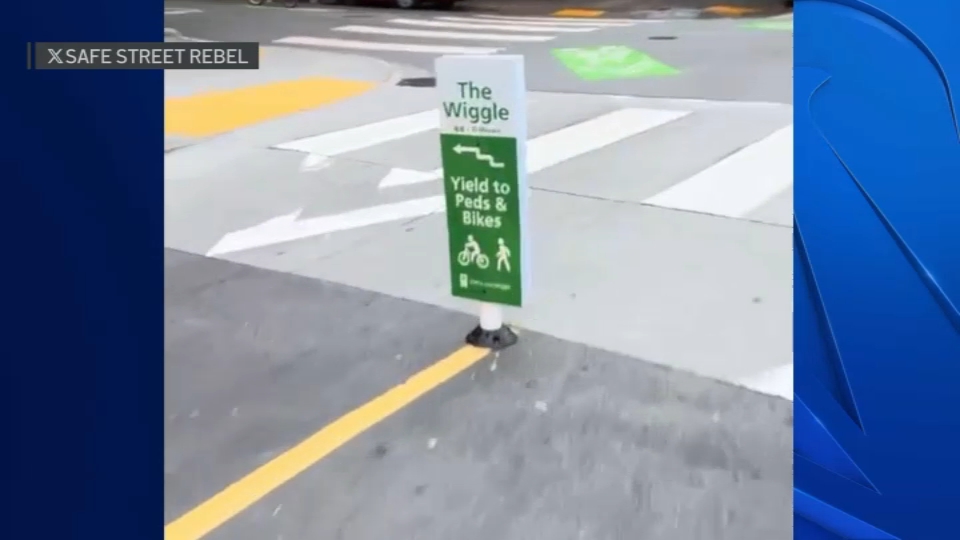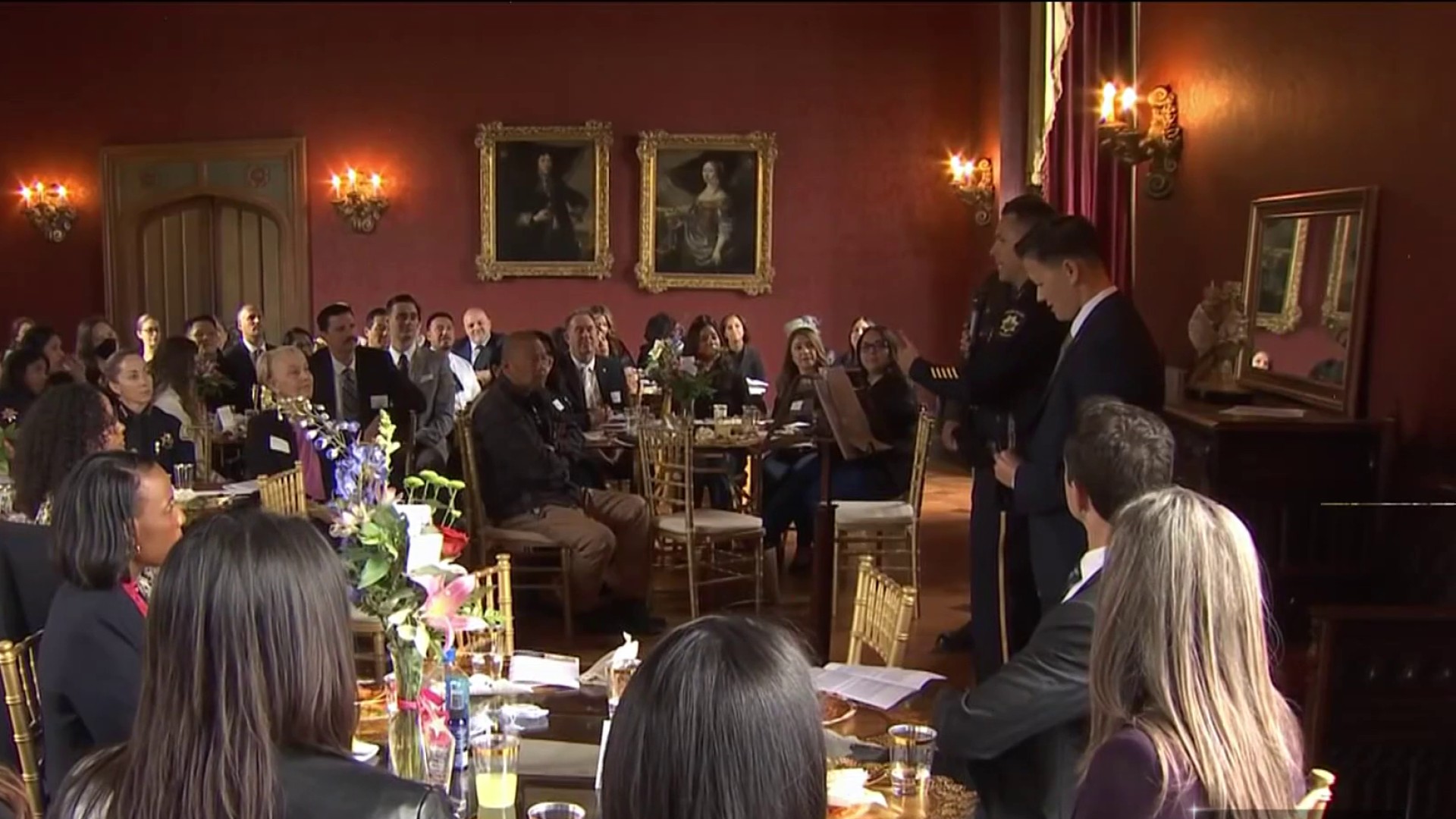People are definitely aware of the coronavirus and the fact that the Centers for Disease Control is warning that more cases should be anticipated in the Bay Area.
Here are a few key facts and tips about the virus:
What is the novel coronavirus? Coronaviruses are not new. Remember SARS? That was a coronavirus too. But novel coronavirus, also known by COVID-19, is a new version of the virus. Health experts say it’s primarily spread when a sick person coughs or sneezes, but experts say they can’t rule out that it is spread through fecal contamination like the coronavirus SARS.
Symptoms and severity: The COVID-19 coronavirus is a respiratory virus with cold or flu symptoms like runny nose, cough, sore throat, fever, and 80% of cases are mild. But, serious cases can lead to pneumonia, which can lead to organ failure. The World Health Organization says up to 5% of patients end up in intensive care. Chinese health officials say 2.3% of people with coronavirus die, compared with 0.05% of people with the flu.
When do you see a doctor? If you have a cold and flu symptoms -- runny nose, cough, sore throat, fever -- and you traveled to the coronavirus hot spots or you’ve been in contact with someone who has, it might be time to see a doctor. But don’t expect to get tested right on the spot like you do with strep throat or the flu. If you’re headed to the doctor, make sure you call ahead, so you can describe your symptoms, and the doctor's office can expect you and limit exposure.
What happens when a patient is tested? A Richmond lab is only one of 16 labs processing tests for the virus for all of California. Positive tests then have to be confirmed by the CDC.
Local
Breakthroughs: There is no current vaccine, though the National Institute of Allergy and Infectious Diseases may begin clinical trials on a vaccine within weeks. That vaccine would not be available for at least another year. In Nebraska, a group of coronavirus patients are participating in a clinical trial for an antiviral drug originally developed to treat ebola and other coronaviruses. The National Institutes of Health and the University of Texas at Austin identified the spike that the virus uses to enter cells, a forward step in vaccine creation.
Tips on prevention:
- Wash your hands, really scrubbing with soap and water for 20 seconds – sing "Happy Birthday" twice.
- When you can’t wash, use hand sanitizer.
- Masks are not recommended for healthy people, only for people sick with any kind of respiratory virus to prevent the spread.



